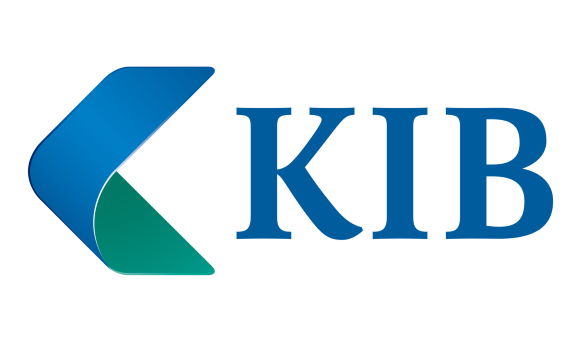TFS to Azure DevOps Migration Services
Move from on-premise Team Foundation Server (TFS) to Azure DevOps and save time and money

Many organizations who adopted Team Foundation Server for their DevOps have realized a lot of benefits from implementing TFS. By streamlining application development, testing and operations, these organizations improved the image of Information Systems Department in the eyes of their business units.
By implementing TFS These organizations had to go through the pain of making sure that their TFS implementation is in a "Healthy State". This presented a lot of challenges, but these challenges were taken for granted. Until now.
We went through two TFS upgrade cycles: One from TFS 2010 to TFS 2013 and now from TFS 2013 to TFS 2017. The cost of the upgrade, incorporating the new features and the hardware requirements went exponentially high between these upgrades. We needed this move to Azure DevOps to address all these challenges.
Challenges with On-premise TFS Implementations
While it is necessary to keep the on-premise implementation of TFS in a healthy state, there are many challenges:
- Scalability: On-premise TFS implementations can only scale up to the size of their hardware infrastructure.
- Patch Management: It is necessary to make sure that all updates are applied to the platform in a timely manner.
- Latest Features: The on-premise implementation would not have all the latest features and capabilities. It would be necessary to upgrade the platform to the latest version in order to gain access to these new features.
- Access to Cloud Services: On-premise TFS implementations would not make the most out of the Cloud Service offerings.
- Employee Access: Employees have access to TFS only while on-premise.
- Partner/Vendor Access: With on-premise TFS implementation, it is difficult to provide access to your TFS Platform.
Our TFS to Azure DevOps Migration Approach

Preparation
Our team helps you understand how ready are you to adapt to Azure DevOps. We start with the assessment of your current TFS Platform, Active Directory, SQL Server and SharePoint. Furthermore, your current Active Directory is reviewed and compared to the Azure Active Directory requirements. At the end of this activity, a report is delivered with the results. the end
Upgrade
Based on the results of the Preparation Phase, Active Directory and TFS are upgraded to one of the supported versions while still on-premise. If the upgrade fails for any reason, the issues are fixed the operation is retried until successful.
Migration
Working closely with your team, our team of professionals will implement the migration based on a plan shared with the rest of the concerned personnel. Once the migration is declared successful, the on-premise TFS is decommissioned and users may switch to Azure DevOps.
SharperSkills® Azure DevOps Training
Your team will need to be trained on how to use the features and capabilities of Azure DevOps. We offer a hands-on, no-slides, practical training on Azure DevOps called SharperSkills® Azure DevOps Training. It's a 5-day, instructor-led training. This training uses a Virtual Machine equipped with all the software necessary to work on Azure DevOps. Every attendee of this training will get a copy of this virtual machine, as well as a full-color printed User's Manual.
Gallery
Improved Processes
With tools that help you identify the weak areas of your business, you can improve your business processes.
Informed Decisions
Rather than relying on your intuition, use information you collected from the BI Platform to make informed decisions based on facts.
Competitive Advantage
Gain market share over your competition by better understanding your business. Develop customer-focused products and solutions.
Improved Planning
Use facts collected by your BI Platform to perform more accurate planning and performance management.
Business Alignment
By articulating your business objectives, goals and targets to concerned personnel, you align your resources better together.
New Insights
Find new information about your business. This information would never have surfaced in the absence of a BI Platform.

















